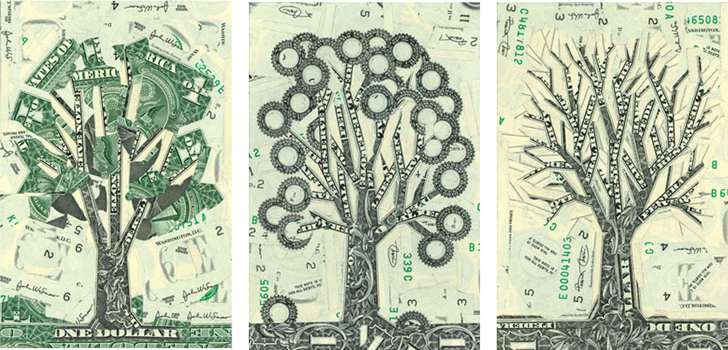The Effective Altruism Challenge (guest post by Holly Lawford-Smith)
The following is a guest post* by Holly Lawford-Smith, lecturer in philosophy at the University of Sheffield (and soon-to-be senior lecturer in philosophy at the University of Melbourne), on teaching about altruism.
The Effective Altruism Challenge
by Holly Lawford-Smith
In September 2014, Daily Nous published a post called ‘Academic Ice Bucket Lesson Plan‘. There, Arthur Ward reported on giving his class his own charitable donation money to spend as part of a unit on charitable giving.
For the last two years, I’ve integrated this idea as part of a first-year undergraduate course on Climate Ethics. University of Sheffield Enterprise, which supports innovation in teaching, were generous enough to give me a budget of £2000 to be split between two years of the course. So I set the students the following question:
“You have £1000 to spend on doing good. Will you choose a climate-related cause, or something else? Which? And why?”
In lectures, I talked to the students about effective altruism and challenges to it; about poverty vs. climate change, about animals vs. humans, about partiality & impartiality, and about the idea of radical incommensurability of value. I gave them some examples of the moral principles they might appeal to in order to justify particular conclusions.
Students worked in groups to put together ten-minute presentations arguing for the money to be donated to a particular charity or organization. These presentations were given back-to-back in a lecture near to the end of the course, and after all the presentations, students voted on the winner. I then transferred the money to the winning organization. I think because there was something at stake, and because the stakes were reasonably high, this was an effective way to introduce complicated issues to do with value tradeoffs and private philanthropy.
In terms of assessment, students wrote coursework essays on the same question, and had the option of defending the conclusion of their group presentation, or defending a conclusion they independently preferred. There was also a Peer Assessment component in which students graded each other for contribution to the group presentation project.
The winner for the 2015-6 academic year was Cool Earth, which works alongside indigenous villages to prevent rainforest destruction.
The winner for the 2016-7 academic year—voted on just last week!—was Meat Free Monday, which aims to raise awareness about the environmental impact of meat-eating.
If you have any questions about the details of the course, feel free to ask.



That’s a great idea! If you have interesting stories of things that happened in these classes, please do tell.